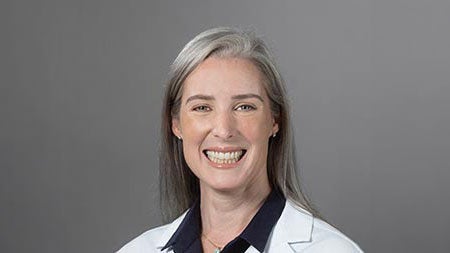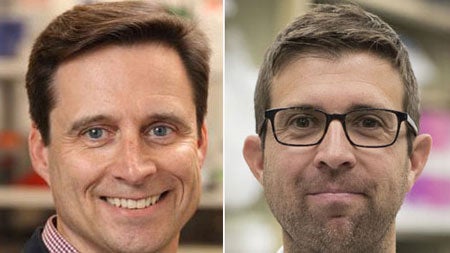Gateway to Transformative Research
As a hub for scientific discovery, the University of Virginia’s School of Medicine (SOM) retains top-level researchers, who are doing pioneering work translating discoveries into lifesaving care.
With over $287 million in total research dollars and $181 million in National Institutes of Health research awards, the SOM is an internationally recognized leader in research that advances science, pioneers the treatments of tomorrow, and improves the health of all people on a global scale. We are shaping the future of medicine through innovation, collaboration, and excellence in research.







